
Just like humans, dogs can experience mental health challenges. Some breeds are more prone to anxiety, depression, and other behavioral issues due to their temperament, energy levels, and attachment to their owners. Let’s take a look at twelve dog breeds that are more likely to struggle with mental illness.
1. German Shepherd
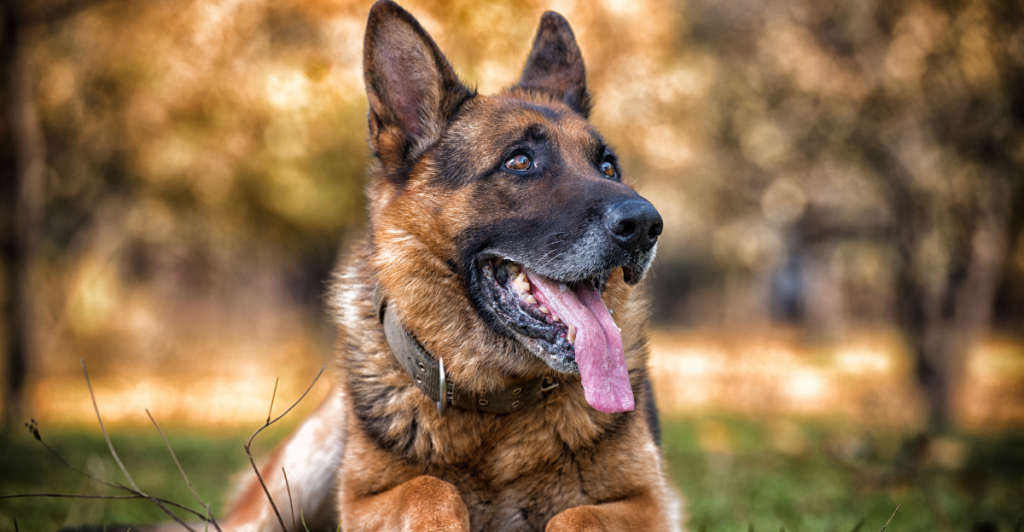
German Shepherds are known for being intelligent and adaptable, but unfortunately, they can also be prone to mental issues like anxiety and depression. A common symptom of depression in this breed is withdrawal. They might become reluctant to engage in social interactions or activities they used to enjoy. This can be because of underlying health concerns, lack of mental stimulation, or neglect. The best way to prevent these symptoms is to provide your dog with a structured routine, regular exercise, and mental stimulation.
2. Australian Shepherd

Australian Shepherds are known for being high-energy dogs. However, they also have strong herding instincts, which can sometimes lead to behavior issues if they are not properly managed. These dogs are prone to separation anxiety because of their strong bond with their owners. Providing your dog with enough physical exercise and mental stimulation is very important to prevent boredom and to channel their energy positively.
3. Border Collie
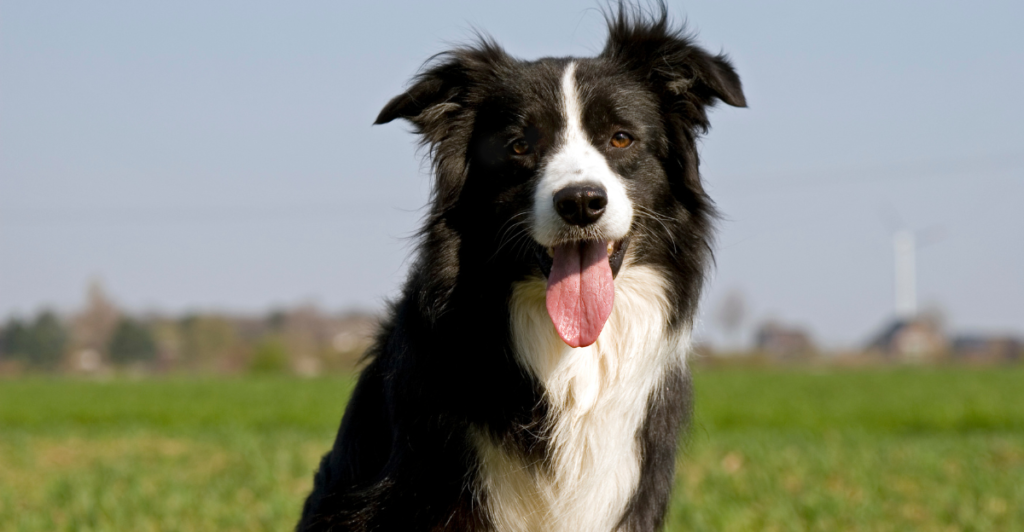
Border Collies are known for their intelligence and intense focus, but these traits can also lead to obsessive behaviors and separation anxiety. These dogs form strong bonds with their owners and can become anxious when they are left alone. This often leads to destructive behavior or attempts to escape. They need adequate physical exercise and mental stimulation to prevent boredom and anxiety.
4. Labrador Retriever
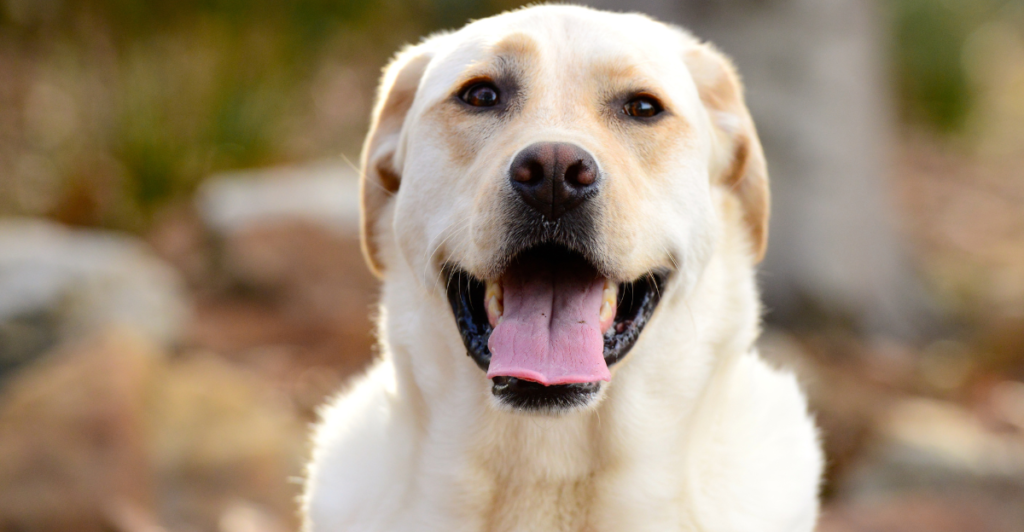
Labrador Retrievers are friendly and outgoing, but they can also experience separation anxiety because of their strong attachment to their owners. This often leads to destructive behavior or excessive barking when they are left alone. To manage this, owners should gradually expose their Labradors to short separation periods and gradually increase the duration.
5. Bichon Frise

Bichon Frises are very affectionate and need constant attention from their owners. They often become anxious when they are left alone, which can lead to withdrawal and destructive behaviors. To prevent this, owners should provide their dogs with regular social interactions and reassurance.
6. Jack Russell Terrier
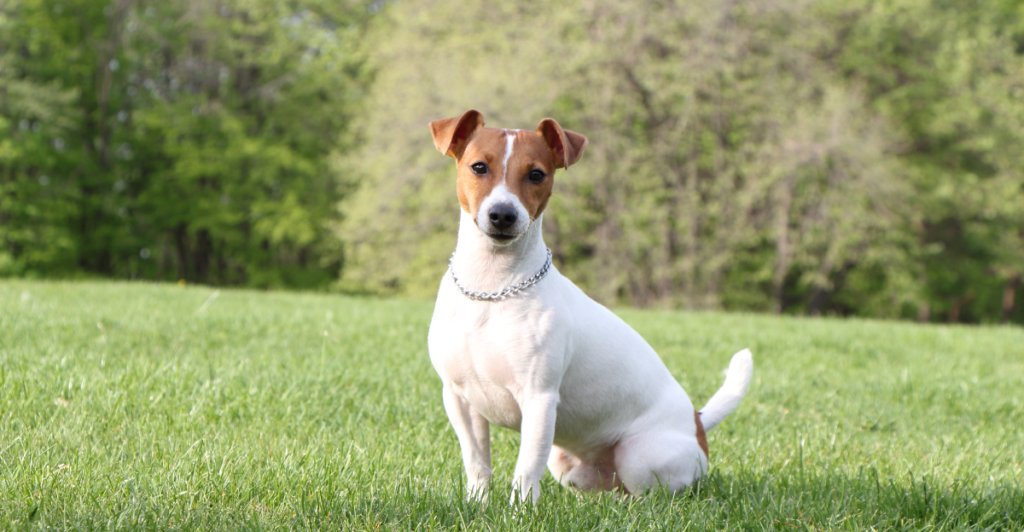
Jack Russell Terriers are energetic and fearless, but because of their high energy levels and strong prey drive, they can also exhibit reactivity and anxiety. They require consistent training and socialization to manage these behaviors.
7. Cocker Spaniel

Cocker Spaniels are known for their gentle nature, but they are also prone to anxiety, especially separation anxiety, because of their strong attachment to their owners. When they are left alone for too long, they might become destructive or bark excessively. To prevent this, owners should provide them with regular social interaction and reassurance.
8. German Shorthaired Pointer
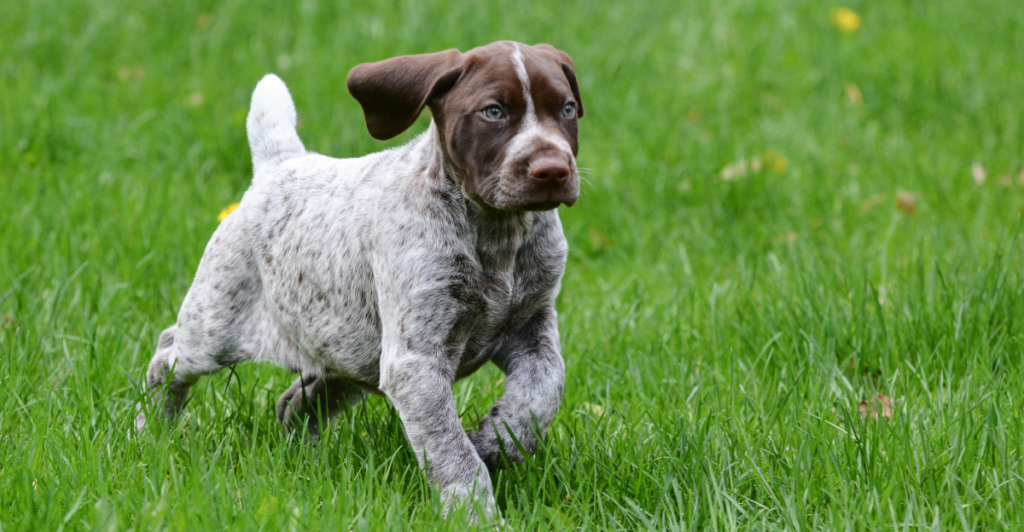
German Shorthaired Pointers are energetic and social dogs that require regular interaction and exercise to prevent anxiety. They often experience separation anxiety because of their need for human interaction. Being left alone can often lead to destructive behaviors or vocalizations. They need a lot of physical exercise and mental stimulation to prevent these behaviors.
9. Vizsla

Vizslas are highly energetic and intelligent dogs that need plenty of physical and mental stimulation to prevent boredom and anxiety. They form strong bonds with their owners and can experience separation anxiety if they are left alone for too long. They need consistent training to channel their energy positively.
10. Doberman Pinscher
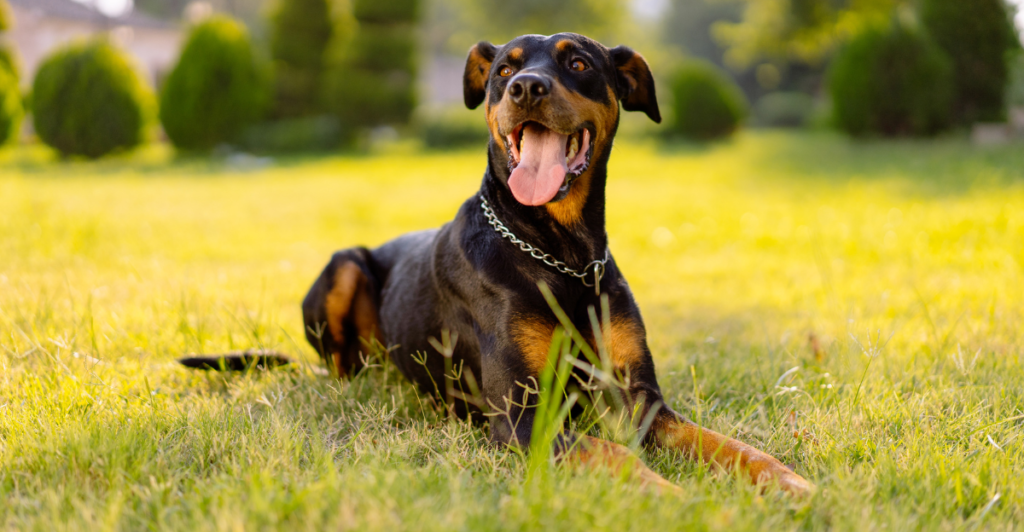
Doberman Pinschers are intelligent and protective dogs that can develop anxiety without a clear role or sufficient exercise. They need early socialization and consistent training to manage reactivity and fear-based behaviors. These dogs need to have a structured routine and a safe space to retreat to when they’re feeling overwhelmed.
11. Cavalier King Charles Spaniel

Cavalier King Charles Spaniels are affectionate dogs that thrive on companionship and interaction. They can experience anxiety, particularly separation anxiety, because of their strong attachment to their owners. This can lead to destructive behavior or excessive barking when they are left alone. To manage this, owners should provide regular social interaction and reassurance.
12. Toy Poodle

Toy Poodles are intelligent and sensitive dogs that require consistent training and socialization to manage their anxiety. They can become anxious due to their high-strung nature, which can lead to behaviors like excessive barking or withdrawal. Providing regular social interaction and reassurance, along with gradual desensitization to triggers, can help manage their anxiety.
Explore more of our trending stories and hit Follow to keep them coming to your feed!

Don’t miss out on more stories like this! Hit the Follow button at the top of this article to stay updated with the latest news. Share your thoughts in the comments—we’d love to hear from you!







